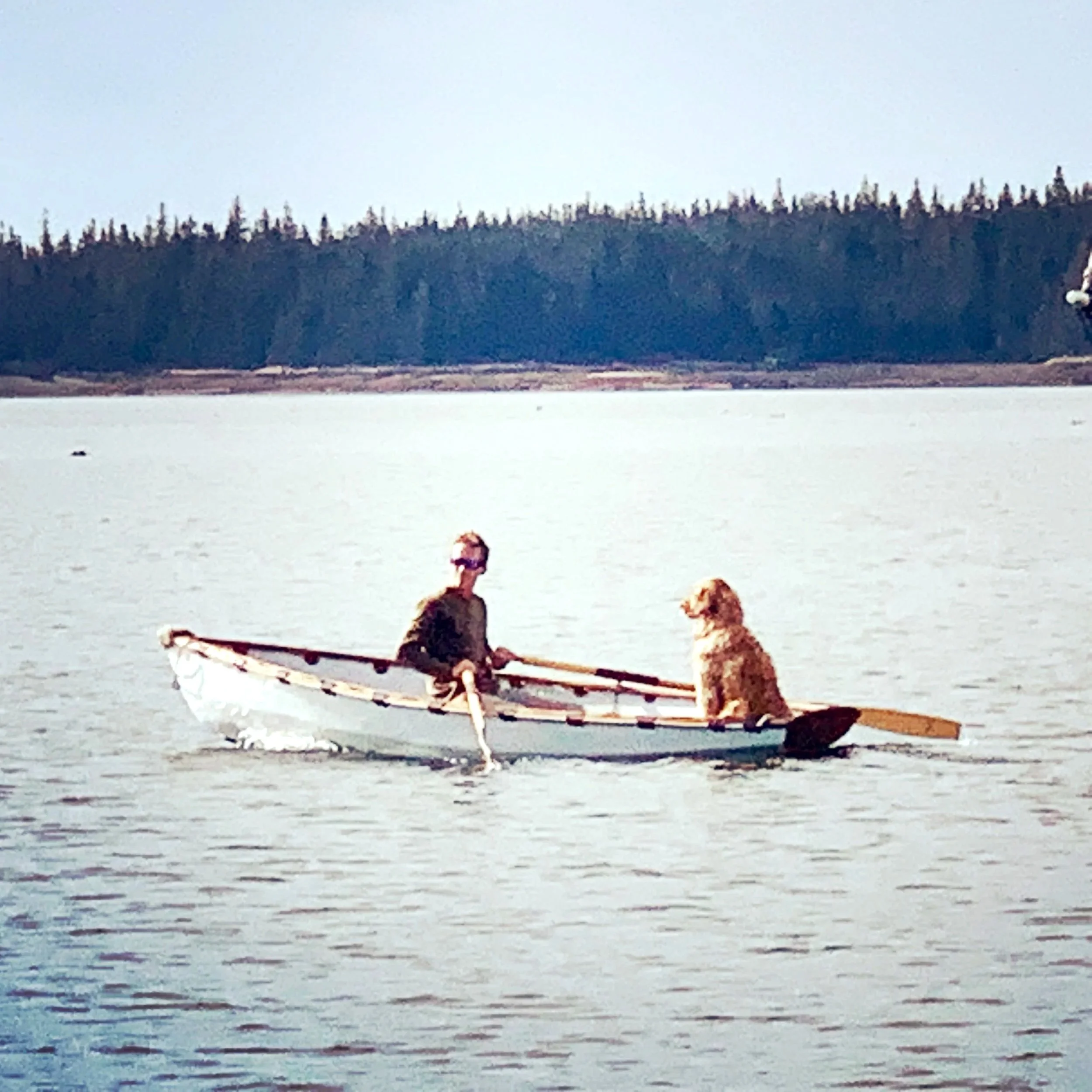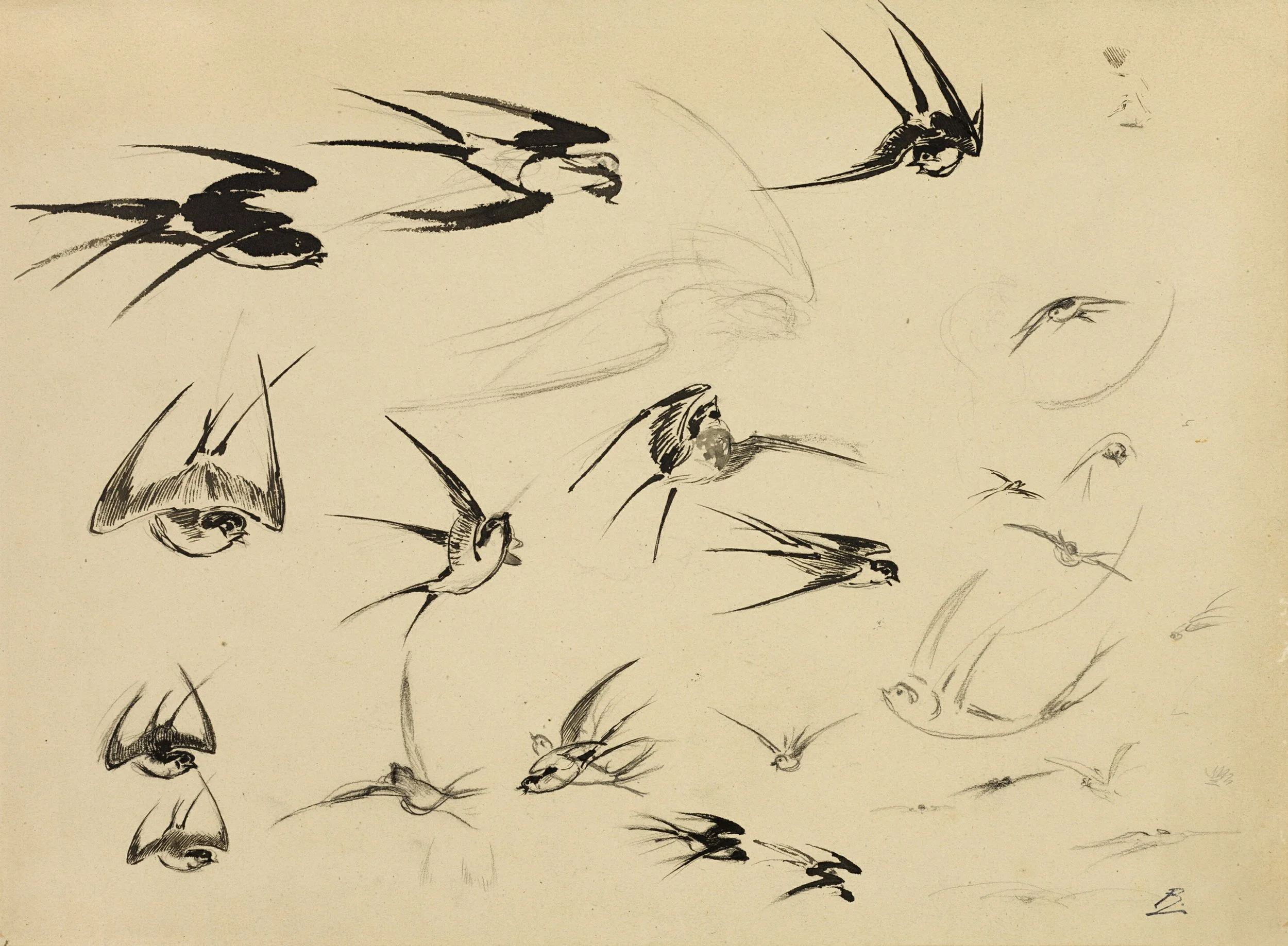If I had a wish for me and for you as we head into the new year, it would be to invite love into your home this year to live with you. If you are anything like me, love might stand in your doorway a bit apprehensive and shy. Maybe even jaded. Love doesn’t have a lot of hope about their relationship with me. It isn’t so sure that this year will be any different. Love stands there wondering—Will she listen to me this year? Will she let me be the voice that guides her? Or will meanness and judgment be the only one she listens to again.
I stand in the doorway staring at love, knowing in my bones that if meanness and judgment were actually catalysts for change—the world would be a much different place, and I, myself, would have achieved all the goals I’ve ever had for myself. But meanness and judgement don’t work as catalysts for change. In fact, they may be the strongest guarantee of maintaining the status quo. Or staying stuck. And certainly, staying in an old story. Especially if that story is a story of trauma.
I stand in the doorway, looking at love, and we are in a standoff. Love is quiet. Sad. Hurt. Not because I don’t believe in love. Not because I haven’t taken love into my work and relationships over the years. Truly, I bring love everywhere I can. Except right here. Sitting next to me on the couch. And love stands on my doorstep in the winter wind wondering, “why does she take me everywhere to everyone else but not invite me to live with her?”
And I stand in my doorway wondering, “What will happen if I let love in?”
When you grow up with meanness and judgement, they feel familiar, and for reasons that still aren’t clear to me, it becomes easy to mistake familiar for love. It becomes so easy and so successful that you can actually believe meanness and judgment ARE love. That to abandon them means abandoning yourself. All the while, love sits alone on my porch waiting. Waiting to be invited in.
It’s a crazy kind of brainwashing that makes us believe that meanness is what we need to succeed. And it’s a crazy leap of faith that it takes to let the mean voice yammer away while you turn your head toward love. While you let it quietly listen to your fears. Or while you ask it to repeat itself again so you can hear it more clearly. While you let it tell you in a timid and tentative voice to make yourself tea. Or to sit and read a book. Or go for a long walk.
I am so very tired of the same old fights with myself. And maybe it’s not so much in hope, but in the exhaustion of despair that I open the door to let love in. Sometimes you have to be tired of yourself. Sometimes you have to be so tired of the old thing, that you let the new thing in.
And so I stand on my back porch, snowflakes visible in the light, and gesture to love, ‘come in out of the cold.’ It tiptoes in and sits across from me in a chair. I feel like I owe it an apology, for all the years of neglect, but love doesn’t seem to care. Love is wondering:
“Will she trust me enough to lean her weight on me this year?”
“Will she tolerate the slowness and in-betweenness that comes from change fueled by love?”
“Will she actually learn to embrace the things that are just fine the way they are?”
And I have my own wonderings. Like suddenly adopting a rescue dog, I realize I don’t know much about love. What does it need for nourishment? Does it have a bedtime? What does my love need to feel at home?
Love curls up next to me on the couch. I sit quietly letting it rest. And I guess we will just figure it out slowly from here. I hope you can too.
© 2025 Gretchen L. Schmelzer, PhD




